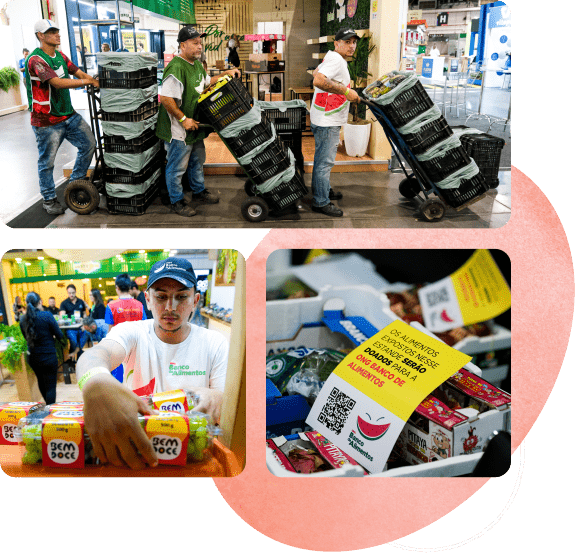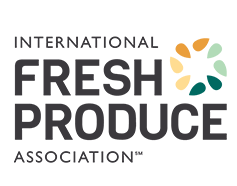ONSCIOUS ATTITUDES
FOR MORE SUSTAINABLE EVENTS
The impact of our actions reflects on the economy, on our daily lives and on the planet

SEPARATE COLLECTION & WASTE MANAGEMENT
This practice has been carried out for more than two decades at the fairs promoted by FRANCAL and reaffirms our commitment to reducing the environmental impact of large events. Waste is sorted in partnership with LC Almeida Ambiental.
Specialized professionals responsible for logistics follow up and monitor all the waste generated during the production phases:
Assembly
During the event
Disassembly
All recyclable material is donated to the Central do Tietê recycling cooperatives.
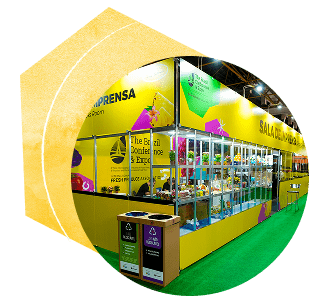
RECYCLING AND CARDBOARD GARBAGE CANS
Starting with the sustainable and biodegradable waste garbage cansCardboard is present throughout the event in the form of specific garbage cans for recyclable and organic products. Being selective, they contribute to sorting, agility and all the logistics of the event. disposal of recyclable waste.
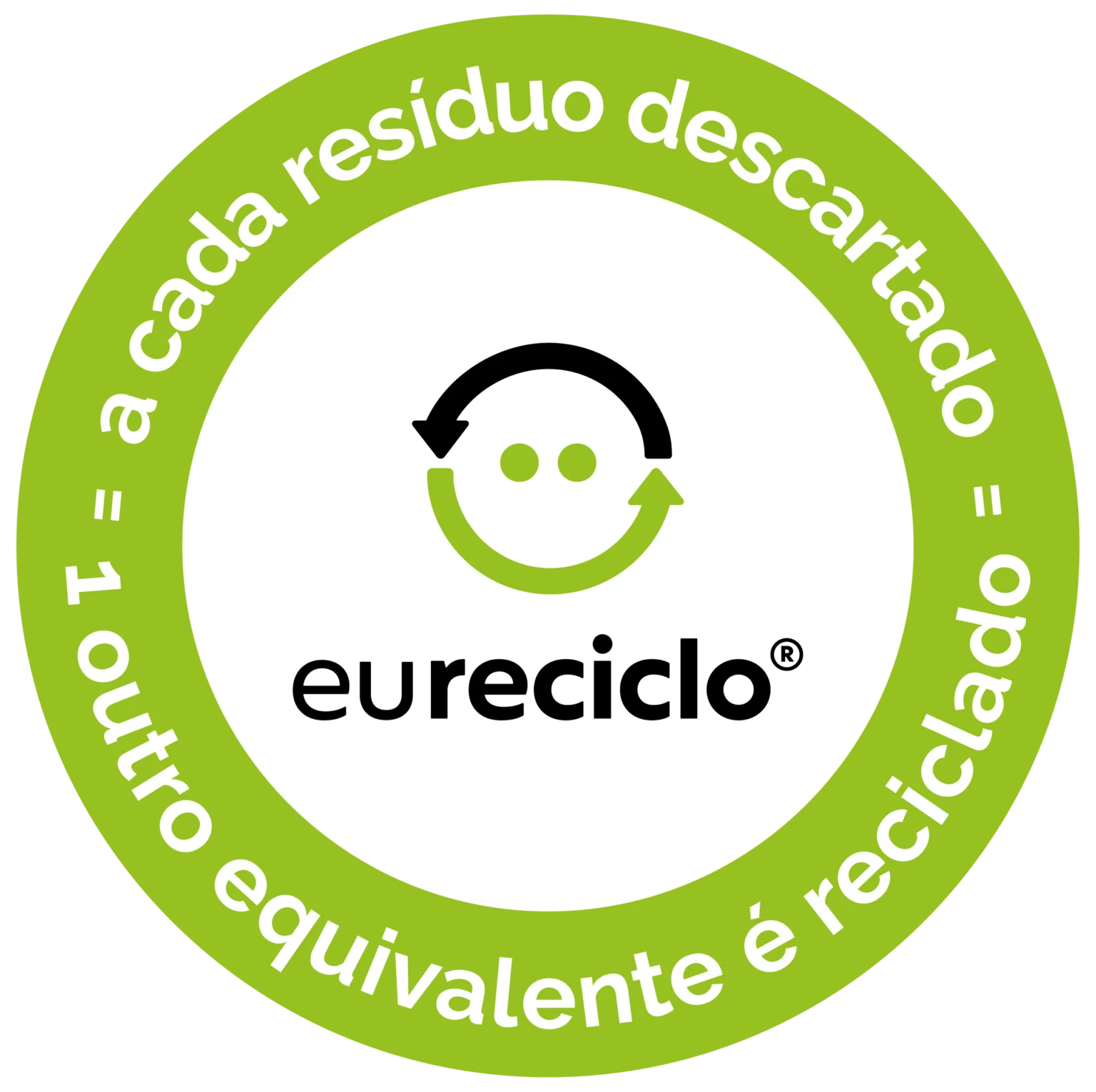
ENVIRONMENTAL COMPENSATION
In addition to sending the sorted waste to the cooperative, we also provide 100% environmental compensation for recyclables through the eureciclo label.
This label represents compensation for the total volume of recyclables (paper, glass, metal and plastic) generated during the event, from set-up to dismantling, through the payment of recycling credits to approved cooperatives. In other words:
for each package placed in the environment:
an equivalent package is recycled.
An action that collaborates with the entire recycling chain, the result of the union and collaboration of everyone, including you, the visitor and exhibitor.
To find out more about environmental compensation for packaging, click here.
To download our compensation report, click here

The Transformative Fair: Purpose-Driven Food Donation.
At The Brazil Conference & Expo, we believe that the true value of agribusiness lies in its ability to transform lives. Therefore, in this edition, we unite innovation and solidarity in a high-impact social initiative.
The food collected during the fair will be donated to the CEAGESP Food Bank, which currently supports over 200 social assistance entities and benefits 18 other food banks across the country. These donations reach shelters, vulnerable communities, and institutions that support thousands of people facing food insecurity. By connecting the sector to this solidarity network, we reinforce our role as agents of change.
More than business, we cultivate impact. More than business, we cultivate impact.
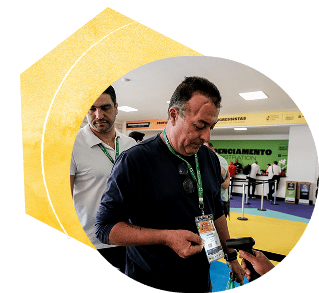
REUSE AND DISPOSAL
The visitor’s badge holder and printed credential after their visit to the fair have a certain destination and everyone can contribute by leaving the materials in a specific box at the exit of the event.
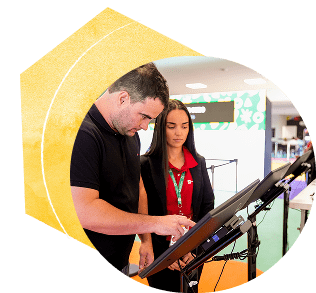
REDUCTION OF PRINTED MATERIAL
More digital solutions to reduce the amount of printed material at the event.
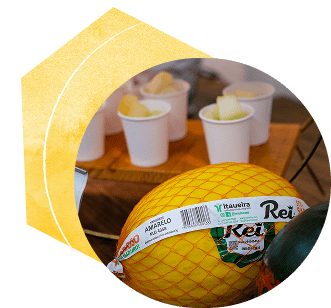
CATERING
At an event where only nutritious food is available, the food court offers natural and vegan options.

INCLUSION AND DIVERSITY
The event selects and hires PwD professionals for the staff.
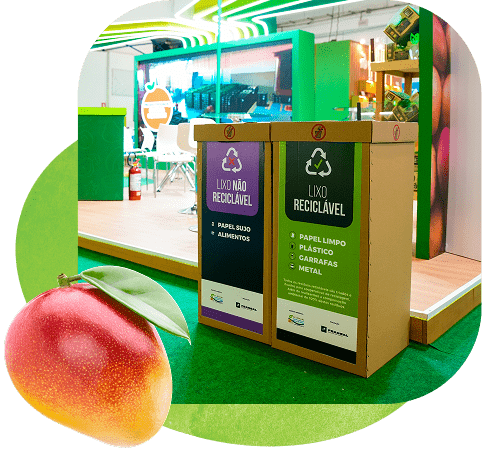
The figures attest to the good results of waste management
100%
use of all waste generated by 2023
45.3%
of recyclable material collected, sorted and disposed of correctly
19.8
tons of waste
0.7
tons of organic material went for composting
In 2024 we are counting on a partnership
NGO FOOD BANK
First collaboration with the NGO Banco de Alimentos, a partnership that aims to promote the donation of food on display during the event, combating waste and contributing to the food security of many families.
Since 1998, the NGO Banco de Alimentos has been working to reduce food waste and fight hunger in São Paulo. Founded by economist Luciana Chinaglia Quintão, the NGO collects food that, although past its sell-by date, is still safe to eat. This food is redistributed to social organizations, benefiting thousands of people every day.
With 26 years of work, the NGO has delivered more than 20,000 tons of food and helps 38,000 people every day, promoting social inclusion and improving the health of the communities it serves. This joint effort will be key to strengthening solidarity and social responsibility among all those taking part in the event.
